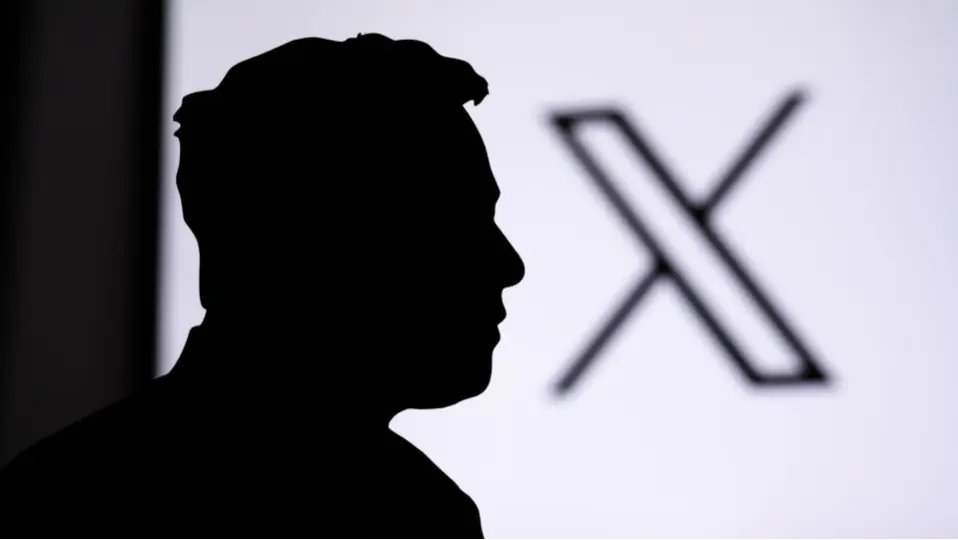Updated 20 March 2025 at 13:52 IST
X Takes Indian Government to Court Over Alleged Censorship Tactics: Details
With this legal battle unfolding, the case could set a major precedent for how India regulates digital platforms and free speech online.
- Republic Business
- 2 min read

Elon Musk-owned X has filed a petition in the Karnataka High Court, arguing that the Indian government is using Section 79(3)(b) of the IT Act and the Sahyog Portal to enforce content takedowns without following legal safeguards. The company claims this creates an unregulated censorship system that bypasses due process.
X contends that the government is misinterpreting Section 79(3)(b) to issue takedown orders outside the legally recognized framework of Section 69A, which the Supreme Court upheld in Shreya Singhal v. Union of India (2015) as the only valid method for blocking online content.
Court Proceedings and Government’s Response
The Karnataka High Court recently held a preliminary hearing, during which the government stated that no action has been taken against X for not joining the Sahyog Portal. The court has allowed X to approach it if the government takes any adverse steps. The next hearing is scheduled for March 27.
This isn’t the first legal challenge by X. In 2022, the company fought against takedown orders under Section 69A, citing a lack of transparency and potential free speech violations.
Advertisement
Concerns Over the Sahyog Portal
X has also raised concerns about the Sahyog Portal, an initiative by the Ministry of Home Affairs (MHA) that allows various government bodies to issue takedown requests directly. The company argues that this system bypasses the legal oversight required under Section 69A, leading to a lack of transparency and unchecked government censorship.
The issue is further complicated by a 2024 Supreme Court ruling that mandates social media platforms report Child Sexual Abuse Material (CSAM) to Indian authorities under the POCSO Act, in addition to the National Center for Missing & Exploited Children (NCMEC) in the U.S. This has put international platforms like X in a compliance dilemma.
Advertisement
With this legal battle unfolding, the case could set a major precedent for how India regulates digital platforms and free speech online.
Published By : Musharrat Shahin
Published On: 20 March 2025 at 13:52 IST
